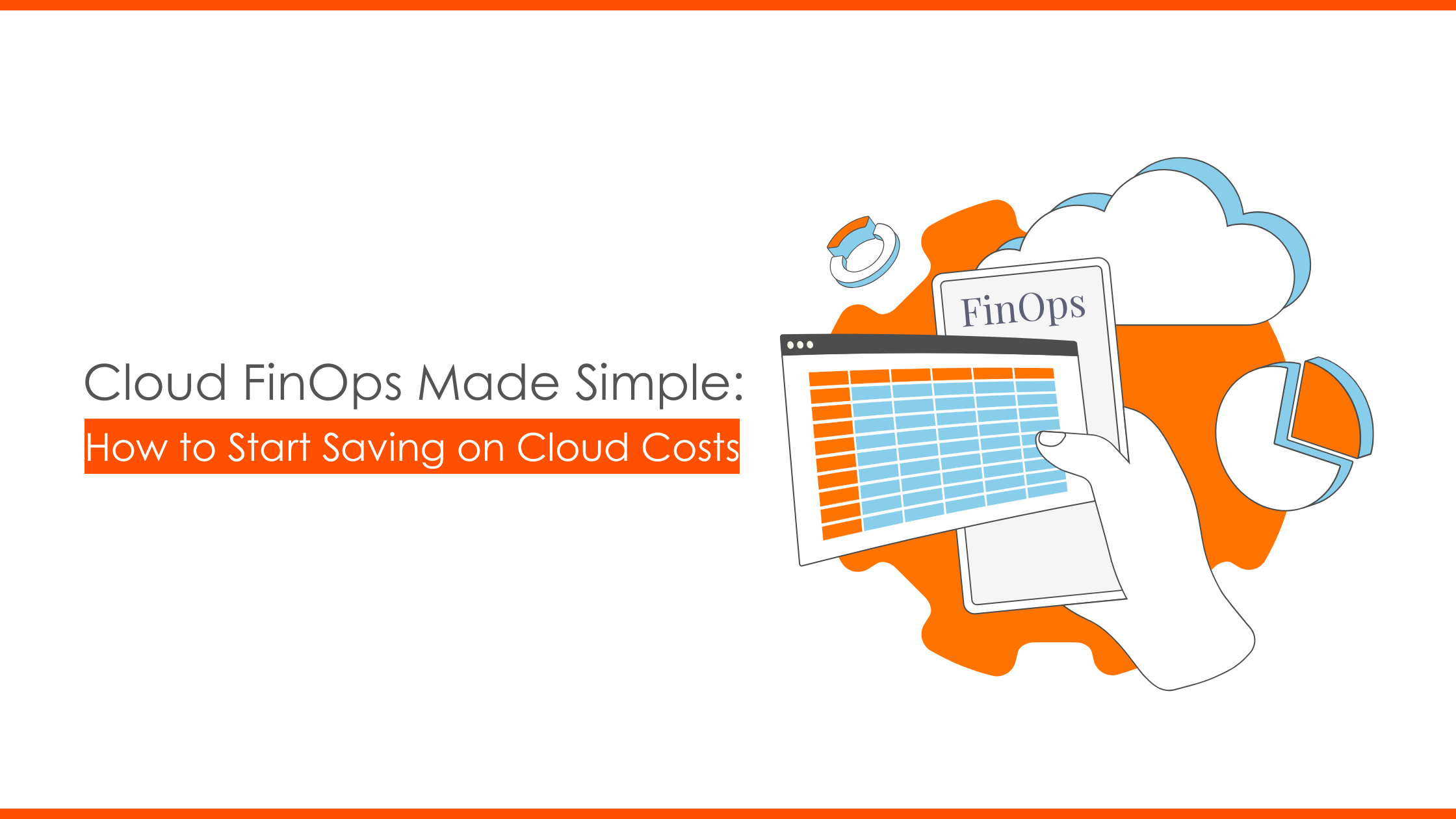Cloud FinOps Made Simple: How to Start Saving on Cloud Costs
 Unicloud
Unicloud
In today's digital landscape, cloud adoption is booming, but managing cloud expenses efficiently remains a challenge for many businesses. This is where Cloud FinOps Services step in, providing a structured approach to financial management in the cloud. With FinOps, companies can balance performance and expenditure, making it simpler to track, manage, and optimize cloud costs without compromising on their technology goals.
What is Cloud FinOps?
Cloud FinOps, short for Financial Operations, is a financial management approach that combines financial accountability with cloud infrastructure management. It's a blend of technology, processes, and best practices designed to ensure cloud usage is efficient and cost-effective. Cloud FinOps Services focus on visibility, accountability, and transparency across cloud spend, helping organizations make informed decisions about their cloud investments.
Why is Cloud FinOps Important for Your Business?
As businesses migrate to the cloud, managing costs becomes complex due to variable pricing models, different vendor services, and the ever-evolving needs of digital environments. Cloud FinOps Services bring clarity to these complexities by offering frameworks to understand cloud expenses, identify unnecessary costs, and take proactive steps for cloud cost optimization.
Steps to Start Saving on Cloud Costs with Cloud FinOps
Understand Your Cloud Spend The first step to cost optimization is understanding your current cloud expenses. With Cloud FinOps Services, businesses gain insights into their spending patterns and can break down costs by departments, teams, or projects. This visibility is crucial for identifying areas of waste, such as unused resources or underutilized instances.
Establish a FinOps Culture Across Teams Cloud FinOps emphasizes a collaborative approach involving finance, engineering, and operations teams. By establishing a FinOps culture, organizations encourage everyone to take responsibility for cloud costs. Teams are empowered to make decisions that align with budget and performance goals, fostering an environment of accountability.
Set Realistic Budgets and Forecasting FinOps involves creating realistic budgets and using forecasts to predict future cloud needs. Cloud FinOps Services can help your business use historical data to create accurate forecasts, allowing you to plan for cloud spending and avoid unexpected costs.
Optimize Your Cloud Resources Optimization involves continuously monitoring and adjusting your cloud resources to match your usage. Cloud Cost Optimization tools within FinOps frameworks enable automated adjustments like rightsizing instances, shutting down idle resources, and selecting cost-efficient cloud providers or regions. This can lead to significant savings while ensuring your cloud environment operates at peak efficiency.
Leverage Discount Programs and Long-Term Commitments Many cloud providers offer discounts for long-term commitments or pre-purchased resources. A FinOps strategy includes evaluating these options and determining the best discount programs based on usage patterns. For example, opting for reserved instances or savings plans can reduce expenses by locking in resources at lower prices.
Track and Measure Progress FinOps is not a one-time initiative; it’s a continuous journey. Regular monitoring, reporting, and measuring the impact of your Cloud FinOps Services initiatives ensure you’re moving in the right direction. Use metrics like cost per unit, percentage of idle resources, and savings over time to assess the success of your FinOps strategy.
Key Benefits of Implementing Cloud FinOps Services
Improved Financial Control: Cloud FinOps provides a framework that helps businesses understand and control cloud spending, aligning cloud investments with business goals.
Greater Transparency: With detailed reporting and real-time insights, FinOps offers transparency into cloud usage and costs, making it easier to identify areas for optimization.
Enhanced Collaboration: By encouraging cross-team collaboration, FinOps enables better communication between finance and IT, leading to more informed decisions and fewer budget surprises.
Scalable Cost Management: As cloud usage grows, so do expenses. FinOps is scalable, allowing businesses to manage cloud costs effectively as they expand, ensuring sustainable growth.
Final Thoughts
Embracing Cloud FinOps Services is a smart move for any business looking to harness the power of the cloud without overspending. By focusing on visibility, collaboration, and continuous optimization, FinOps can transform the way your business manages cloud finances. Not only does it lead to reduced costs, but it also ensures that cloud resources are used efficiently to drive business growth.
If you're ready to start saving on cloud costs, now is the time to implement Cloud FinOps Services and see the impact it can have on your financial management and overall cloud strategy. With a solid FinOps framework in place, your business can unlock the full potential of the cloud while maintaining control over expenses.
Subscribe to my newsletter
Read articles from Unicloud directly inside your inbox. Subscribe to the newsletter, and don't miss out.
Written by

Unicloud
Unicloud
Unicloud is one of the fastest-growing Cloud & AI Consulting company, we strive to help our customers maximize returns on their cloud investments. We provide platform and expertise across the cloud lifecycle starting with Assessment, Migrations, Deployment, Optimization, and SRE. In the last few years we have helped over 100 enterprises realize $ 44Mn+ in cloud savings.